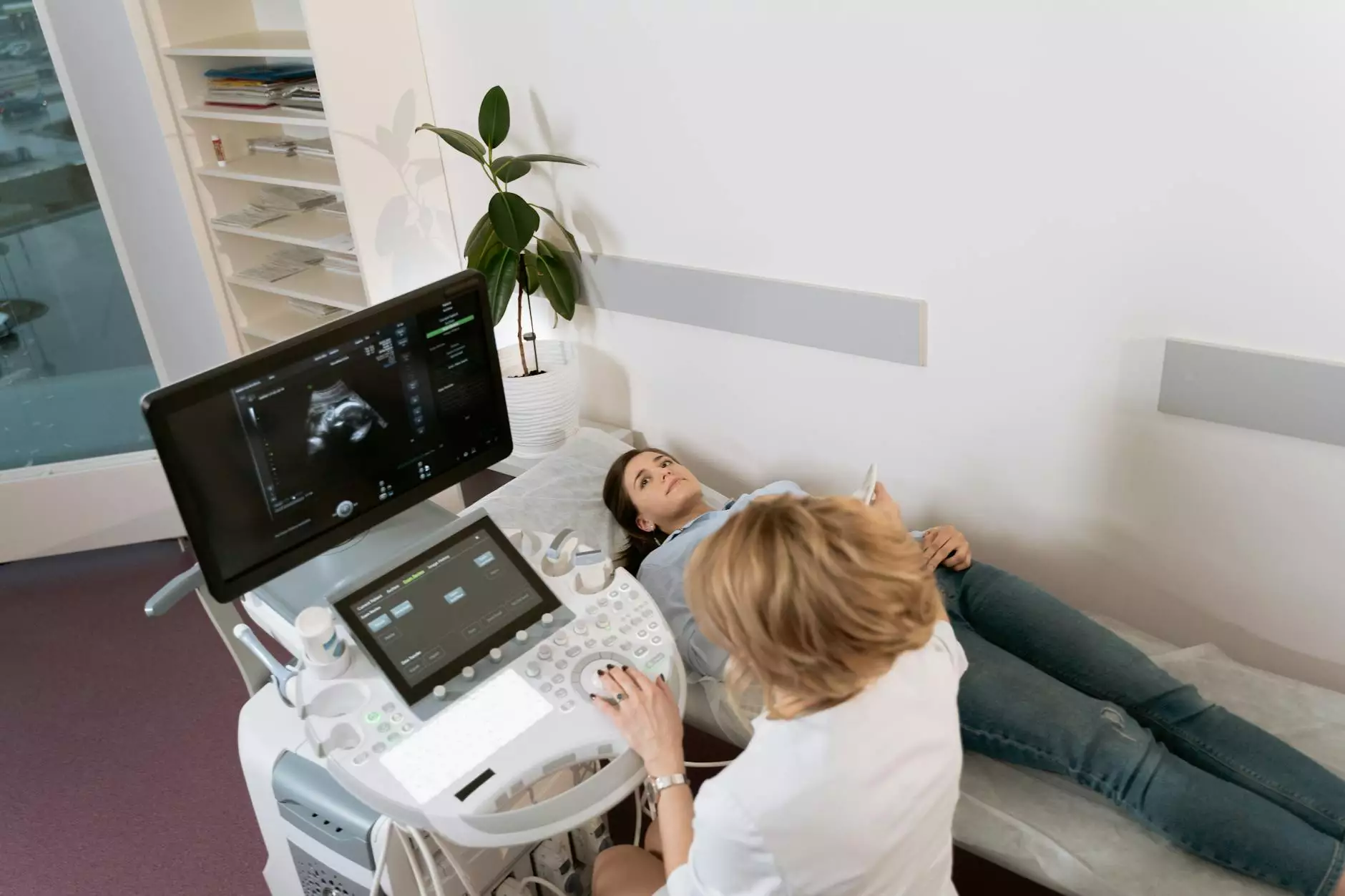All About Heart Screenings
Blog
Introduction
Welcome to Richard Martinez, MD - your trusted source for comprehensive information about heart screenings. In this article, we will delve into the importance of heart screenings, the different types available, and how they can play a crucial role in the prevention and early detection of heart diseases. We understand that your heart health is of utmost importance, and we aim to provide you with the knowledge needed to prioritize your cardiovascular well-being.
Why Are Heart Screenings Important?
Heart screenings are vital for identifying potential risk factors and underlying conditions that can lead to heart diseases. Even in the absence of noticeable symptoms, heart screenings help detect early signs of problems in your cardiovascular system, allowing for timely intervention and necessary steps to minimize the risk of heart disease. Remember, prevention is always better than cure, and heart screenings serve as a proactive measure to keep your heart healthy and functioning optimally.
The Different Types of Heart Screenings
There are various types of heart screenings available, each offering unique insights into your cardiovascular health. Let's explore some of the common types:
- 1. EKG (Electrocardiogram): This non-invasive test records the electrical activity of your heart and helps identify irregularities or abnormalities in the heartbeat rhythm.
- 2. Stress Test: A stress test evaluates how your heart performs under physical exertion. It helps determine the strength and efficiency of your cardiovascular system.
- 3. Echocardiogram: This test uses sound waves to create detailed images of your heart. It provides valuable information about the structure, size, and functionality of your heart.
- 4. Coronary Angiography: A coronary angiography is an invasive test that involves injecting a contrast dye into your blood vessels to visualize any blockages or narrowing in the coronary arteries.
The Importance of Regular Heart Screenings
Regular heart screenings are crucial, regardless of your age or perceived risk. By undergoing periodic screenings, you can monitor your heart health, identify potential issues early on, and take preventive measures to mitigate any risks. Keep in mind that some heart diseases can develop silently over time, making routine screenings even more imperative.
Who Should Consider Heart Screenings?
Heart screenings are recommended for individuals who:
- 1. Have a Family History of Heart Disease: If you have close relatives with a history of heart disease, your risk may be elevated, and regular screenings are highly advisable.
- 2. Lead Sedentary Lifestyles: Lack of physical activity and a sedentary lifestyle are risk factors for heart disease. Regular screenings can help assess your heart health and encourage you to make positive lifestyle changes.
- 3. Have High Blood Pressure or High Cholesterol: These conditions are linked to an increased risk of heart disease. Regular screenings are essential for monitoring and managing these risk factors.
- 4. Smoke or Have a History of Smoking: Smoking damages the cardiovascular system and significantly increases the risk of heart disease. If you are a smoker or have a history of smoking, screenings are crucial.
Conclusion
Richard Martinez, MD encourages you to prioritize your heart health by considering regular heart screenings. With our comprehensive understanding of heart diseases and the various screening options available, we strive to provide you with the necessary knowledge to make informed decisions about your cardiovascular well-being. Remember, a healthier heart leads to a healthier life.
Take control of your heart health today and schedule a heart screening at Richard Martinez, MD!




